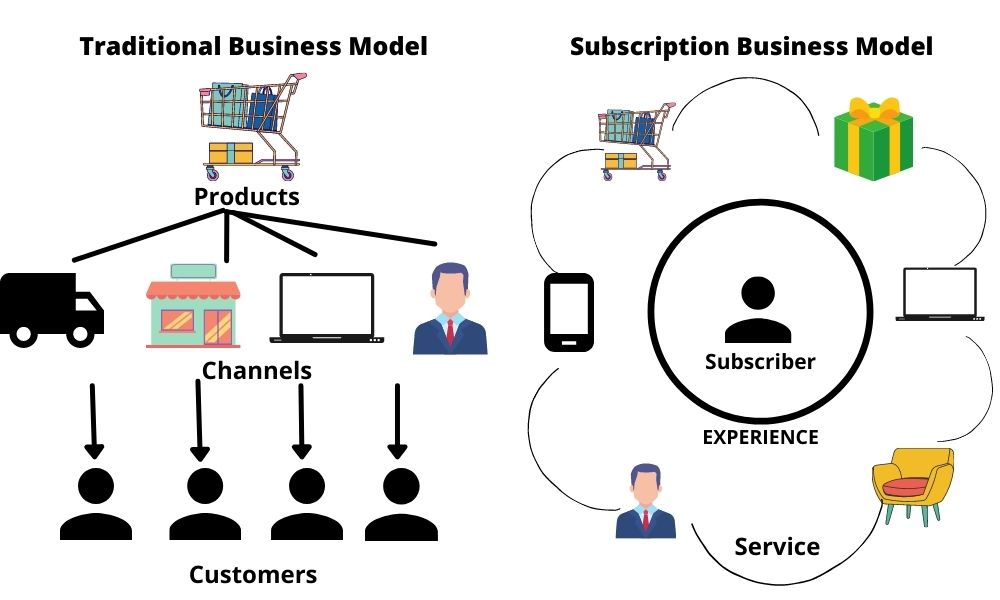From streaming services to meal kits, the subscription economy has transformed how we consume products and services. This shift from ownership to access reflects changing consumer priorities, emphasizing convenience, flexibility, and personalized experiences.
The rise of the subscription economy can be traced back to the early days of media streaming, where services like Netflix and Spotify revolutionized entertainment consumption. However, this model has expanded into nearly every sector, including fashion, fitness, food, and even transportation. Consumers are drawn to the promise of tailored, on-demand experiences that eliminate the burdens associated with ownership—such as maintenance, storage, and obsolescence.
Economically, the subscription model provides businesses with predictable, recurring revenue streams. This financial stability enables companies to invest in product innovation, customer service, and long-term growth. For consumers, the appeal lies in affordability and access. By subscribing to products and services, individuals can enjoy high-end experiences without the upfront costs associated with purchasing outright.
This article examines the industries that have thrived under the subscription model, from entertainment giants to niche subscription boxes delivering curated products. We explore how businesses leverage data analytics to personalize offerings and enhance user experiences, fostering deeper customer relationships and loyalty.
However, the subscription economy is not without its challenges. Subscription fatigue—the feeling of being overwhelmed by too many recurring charges—poses a significant risk to consumer retention. We discuss strategies businesses can adopt to combat this phenomenon, such as bundling services, offering flexible plans, and enhancing perceived value.
Additionally, we assess the environmental and sustainability implications of the subscription economy. By promoting access over ownership, this model encourages the efficient use of resources, potentially reducing waste and promoting circular economic practices. As the subscription economy continues to evolve, it presents opportunities for innovation and reimagined consumer engagement.

